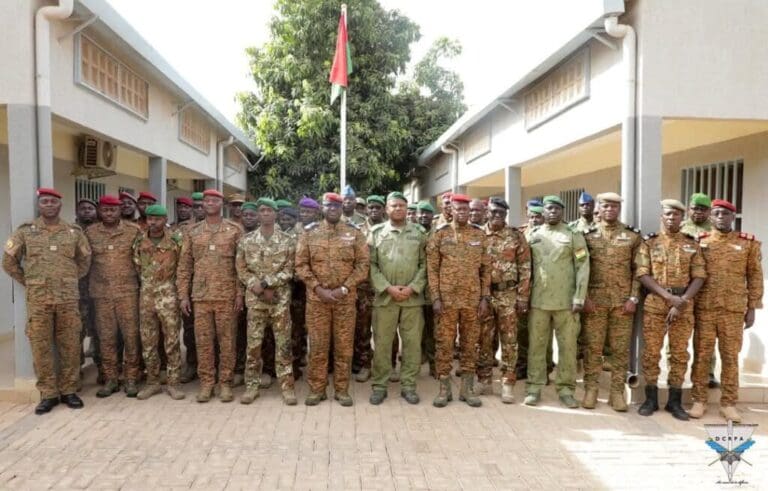
Top customs officials from the Alliance of Sahel States (AES) — Mali, Burkina Faso, and Niger — joined by Togo, have agreed on new measures to boost regional trade, modernize border operations, and tackle cross-border smuggling during a high-level meeting in Bamako on 2 October 2025.
Chaired by Mali’s Minister of Economy and Finance, Alousséni Sanou, the summit followed two days of preparatory discussions among technical experts aimed at refining draft customs agreements and setting out concrete recommendations for deeper economic integration across the region.
A key focus of the talks was the planned interconnection of customs IT systems — a project expected to cut processing times for goods by up to 30%. Officials believe the move will significantly ease cross-border trade, speed up the movement of goods, and improve revenue collection.
In 2024, trade between AES member states grew by 12%, reaching $5.4 billion. Delegates say harmonizing customs procedures and adopting modern technological solutions could reduce logistics costs by 15%, creating a more efficient trade corridor linking the four countries.
“The importance of this cooperation cannot be overstated,” Minister Sanou said, stressing that improved coordination was essential to combat fraud and smuggling — persistent challenges that continue to undermine national economies.
The Bamako summit is part of a broader regional strategy to modernize customs services. Mali, for instance, has invested heavily in new border infrastructure designed to tighten security and better manage commercial flows.
The directors general also reaffirmed their commitment to strengthening institutional ties and implementing concrete solutions to improve cross-border operations.
The enhanced collaboration with Togo marks a significant step toward a more unified customs framework, reinforcing the region’s ambitions for deeper economic integration and shared prosperity.
Officials concluded that the outcomes of the Bamako meeting represent a crucial milestone in transforming customs services across the Sahel — laying the foundation for faster trade, stronger cooperation, and a more competitive regional economy.



